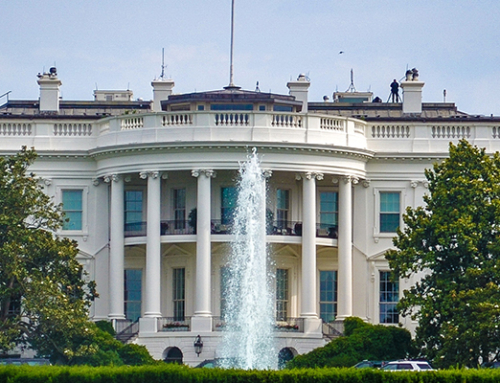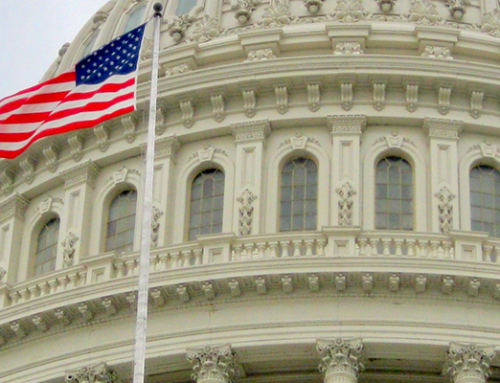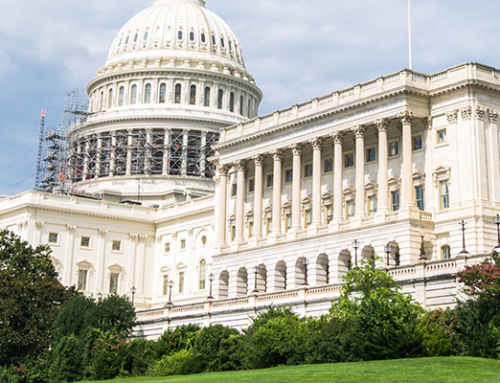The debate over “reasonable” attorney fees in workers’ compensation cases continues in Florida and will likely reverberate across the country as states review their laws in light of the recent Florida Supreme Court case in Castellanos v. Next Door Company. See http://www.floridasupremecourt.org/decisions/2016/sc13-2082.pdf
In the Castellanos case the majority opinion concluded that
The right of an injured worker to recover a reasonable prevailing party attorney’s fee has been a key feature of the state’s workers’ compensation law since 1941. Through the 2009 enactment of a mandatory fee schedule, however, the Legislature has created an irrebuttable presumption that every fee calculated in accordance with the fee schedule will be reasonable to compensate the attorney for his or her services. The $1.53 hourly rate in this case clearly demonstrates that not to be true. We conclude that the mandatory fee schedule is unconstitutional as a violation of due process under both the Florida and United States Constitutions.
The effect of this decision on workers’ compensation rates in Florida is projected by the National Council on Compensation Insurance (NCCI) to be significant. On June 30, 2016 NCCI filed an amended rate filing in response to this case and the recent case law impacting TTD. The portion of the amended rate filing associated with the Castellanos case projects a 15% rate increase. The filing proposes that the amended rate increase (in total of 19.6%) be effective for new and renewal workers’ compensation policies effective October 1, 2016 and that the higher rate apply to all workers’ compensation policies in effect as of October 1, 2016 on a pro-rata basis for the remainder of each policy’s term.
A public hearing has been scheduled by the Florida Office of Insurance Regulation on August 16, 2016 in Tallahassee, Florida beginning at 9:00 a.m. until conclusion for the purpose of considering the NCCI rate increase filing. See http://www.floir.com/Sections/PandC/ProductReview/RateHearings.aspx
State Limitations on Attorney Fees
A review of the various state statutes, rules and policies based on information from WCRI and IAIABC indicates that many states have provisions which limit Attorney fees expressed as a percentage of the amount of an award, or indemnity paid or benefits secured. States at risk of being impacted by similar court action include but are not limited to AZ, DE, DC, GA, ID, IN, KS, KY, LA, ME, MD, MA, MI, MS, MT, NJ, ND, OK, PA, SC, SD,TX, UT, VT, WA , WV, WI. It is likely that this case will be sighted in many other states and drive up the cost of workers’ compensation litigation. When will Attorney fees be considered excessive? How will each state define “reasonableness”? What if 1) the number of hours is overstated, or 2) the hourly rate is extremely high, or 3) the attorney fees requested exceed a significant percentage of the award?
UWC is following the developments in Florida and other states with respect to Attorney Fees.





